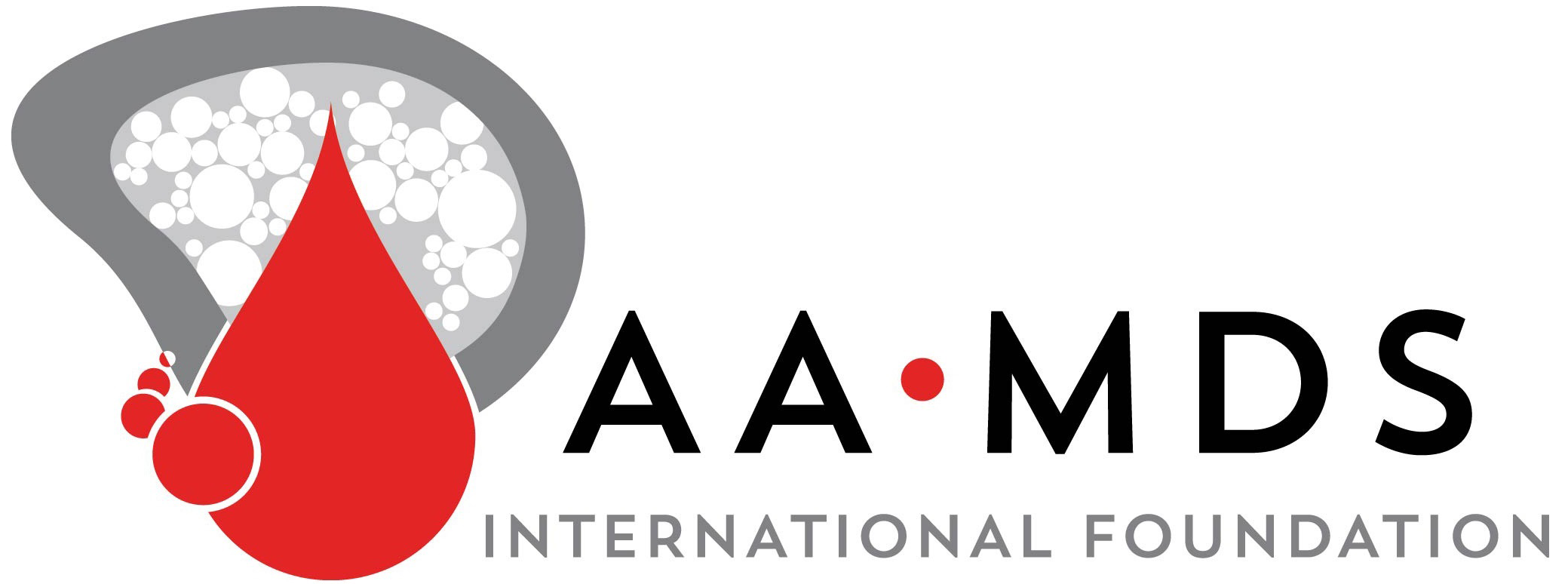
|Videos|January 15, 2019
Early Treatment for Myelodysplastic Syndrome: Many Patients Are Missing Out
Author(s)Christopher Cogle, M.D.

Many patients with myelodysplastic syndrome are not receiving early treatment.
Advertisement
About two-thirds of patients with myelodysplastic syndrome (MDS) are not being given early treatment, according to Christopher Cogle, M.D., a professor of Medicine at the University of Florida Health.
Cogle was involved with a study that examined which patients were more likely to be treated with Vidaza (azacitidine), Dacogen (decitabine) or Revlimid (lenalidomide). While he initially thought that age and frailness would be the factors that were associated with not being treated, he actually found that it was patients with higher-risk disease, private insurance and genetic testing who were more likely to be prescribed one of the three agents.
Advertisement
Advertisement
Advertisement
Trending on CURE
1
Why Is Lung Health Key to Survivorship After Cancer Treatment?
2
New Combination Treatment Approach Studied in Pancreatic Cancer
3
U.S. Soccer Legend Kasey Keller Reveals Lymphoma Journey
4
The Power of Personalized Care in Breast Cancer Treatment
5




